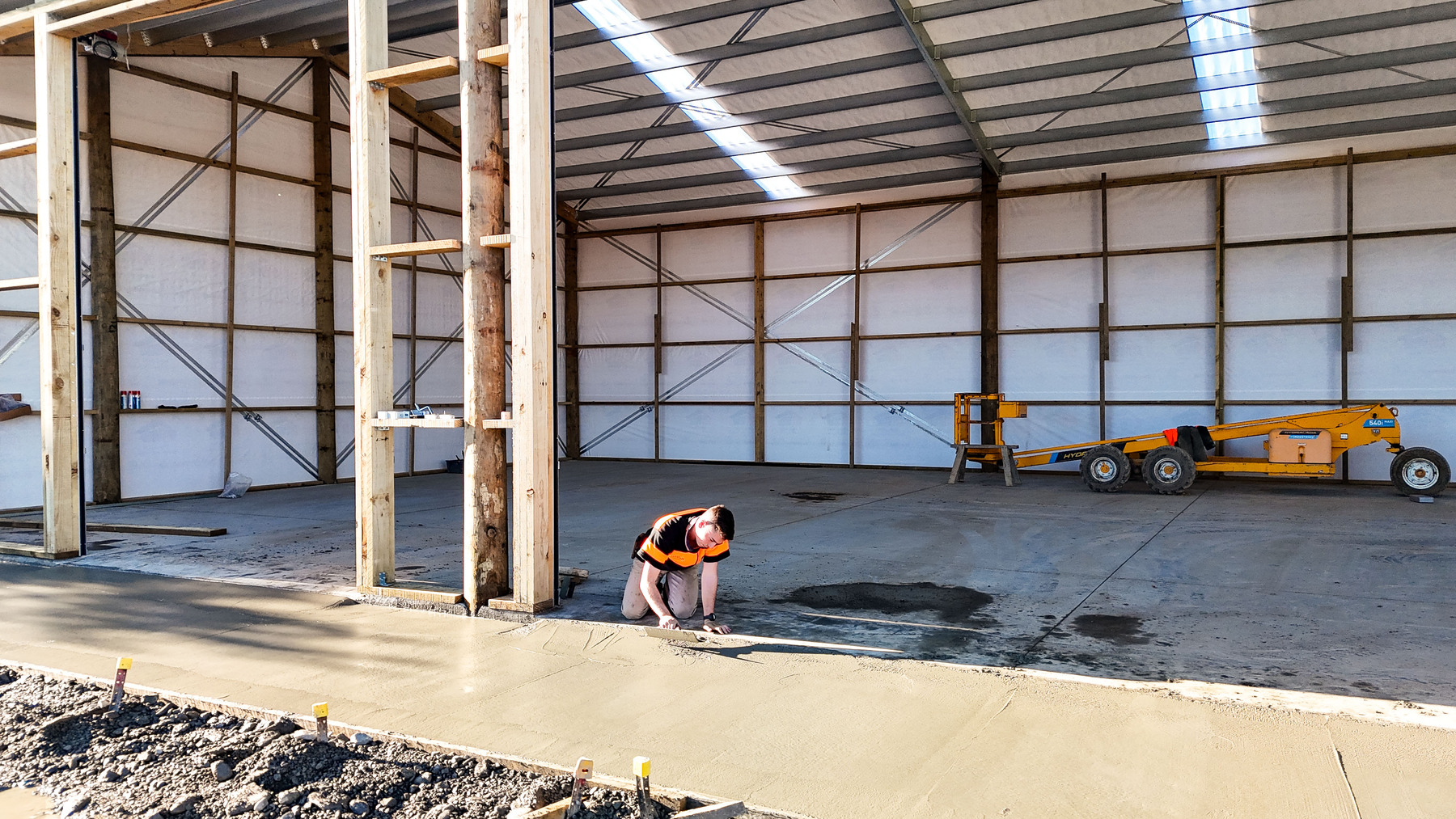If you are planning to build a workshop or storage shed, you will almost always need a concrete floor. One of the first questions people ask is what thickness of floor is required and what the ...
May 23rd, 2024
3 min read
By Brad Person
.png?width=1200&name=Concrete%20floors%20blog%20(1).png)
.png?width=1000&height=600&name=Concrete%20floors%20blog%20(1).png)
 How much does a concrete floor cost?
How much does a concrete floor cost? 

